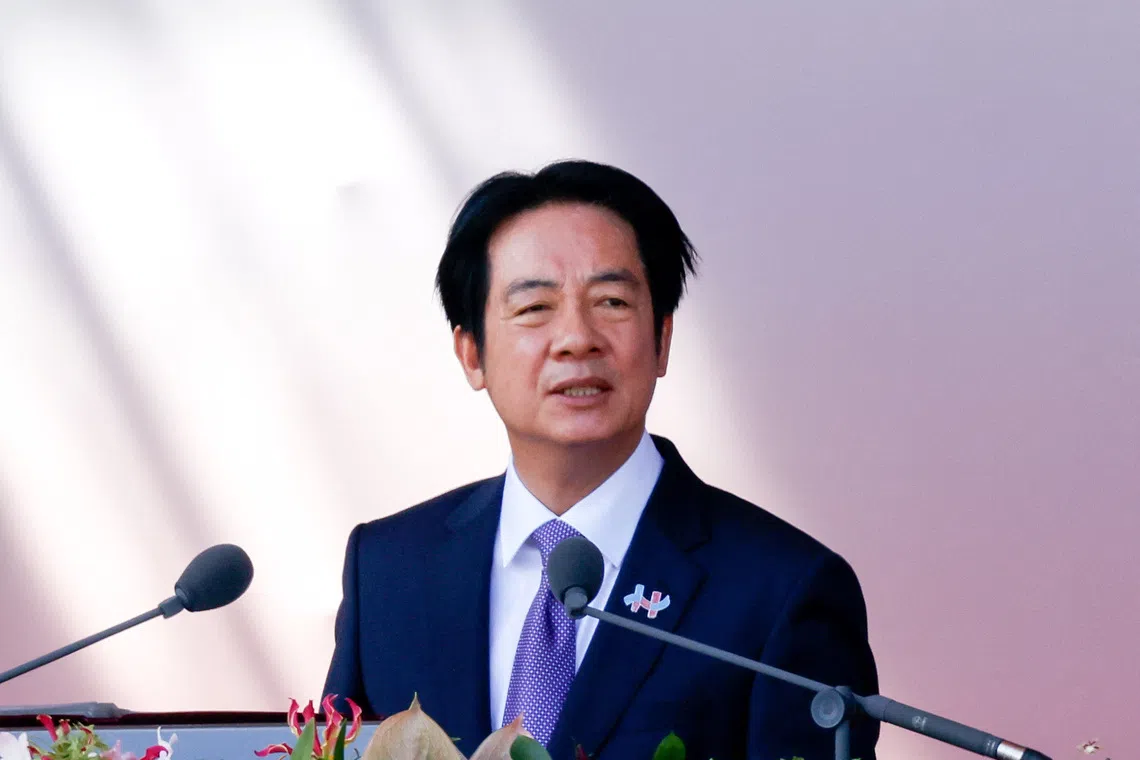Taiwan Stands with Japan: Sushi Diplomacy in the Face of China's Economic Pressure
In a powerful display of solidarity, Taiwan's President Lai Ching-te recently extended his support to Japan, choosing a lunch of Japanese-sourced sushi as a symbolic gesture against China's potential ban on Japanese seafood. This act of "sushi diplomacy" unfolds amidst escalating regional tensions, where a Chinese threat to halt all Japanese seafood imports looms large.
A Culinary Statement Against Coercion
On Thursday, President Lai took to his social media platforms, sharing images of himself enjoying a carefully selected meal: yellowtail from Japan's Kagoshima prefecture and scallops from Hokkaido. His posts, accompanied by the simple caption "Today's lunch is sushi and miso soup" (repeated in Japanese on his X account), underscored Taiwan's backing for its neighbor. This comes as China signals a widespread ban on Japanese seafood, reportedly triggered by recent statements from newly appointed Japanese Prime Minister Sanae Takaichi. Takaichi had indicated earlier this month that a Chinese attack on Taiwan, deemed a threat to Japan's survival, could provoke a military response.
Shared Experience of Economic Pressure
Taiwan's government, which firmly rejects Beijing's claims of sovereignty over the self-ruled island, is no stranger to such economic pressure tactics. In previous years, China has implemented similar import bans on Taiwanese products, including pineapples and various fish, which Taipei has consistently labeled as part of Beijing's broader campaign of intimidation.
Foreign Minister Lin Chia-lung, speaking to reporters in parliament, condemned China's actions. "China's use of economic coercion and military intimidation to bully other nations are already too numerous to mention individually," Lin stated. He emphasized the critical need for global support, adding, "At this critical juncture, we must also support Japan in effectively stabilising the situation and halting the Chinese communists' bullying behaviour."
Deepening Unofficial Ties
Despite lacking formal diplomatic ties, Japan and Taiwan share a profound and unofficial relationship, characterized by deep cultural affinity and robust business connections. Japan's historical presence in Taiwan, from 1895 until the end of World War Two in 1945, has also shaped a unique bond between the two nations, which continues to strengthen in the face of regional geopolitical challenges. President Lai's sushi lunch serves as a potent reminder of this enduring partnership and a direct message against Beijing's tactics.

